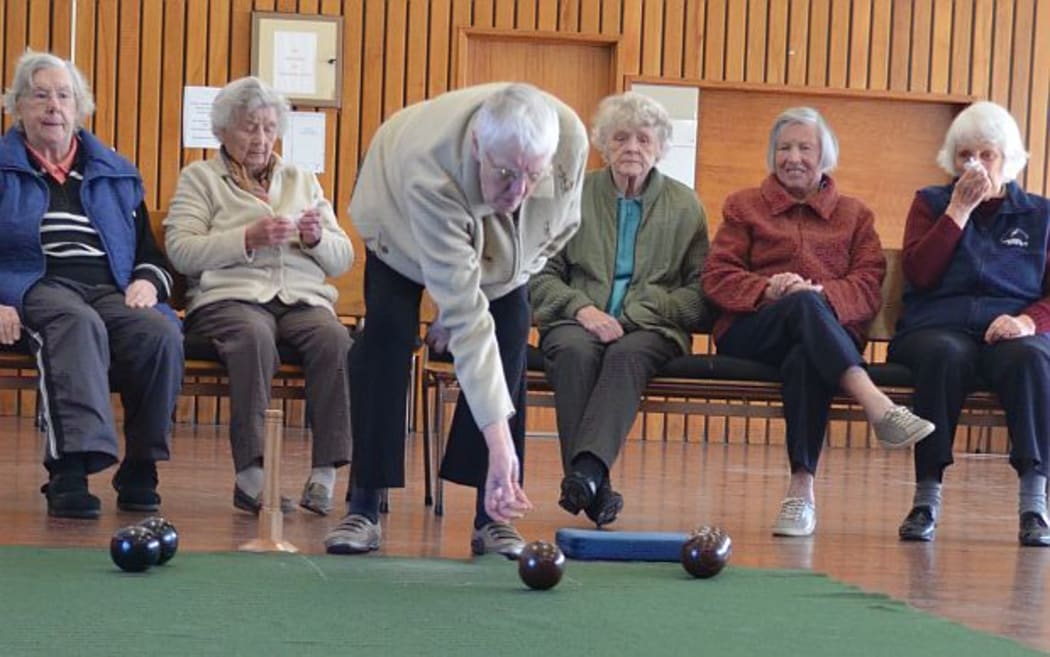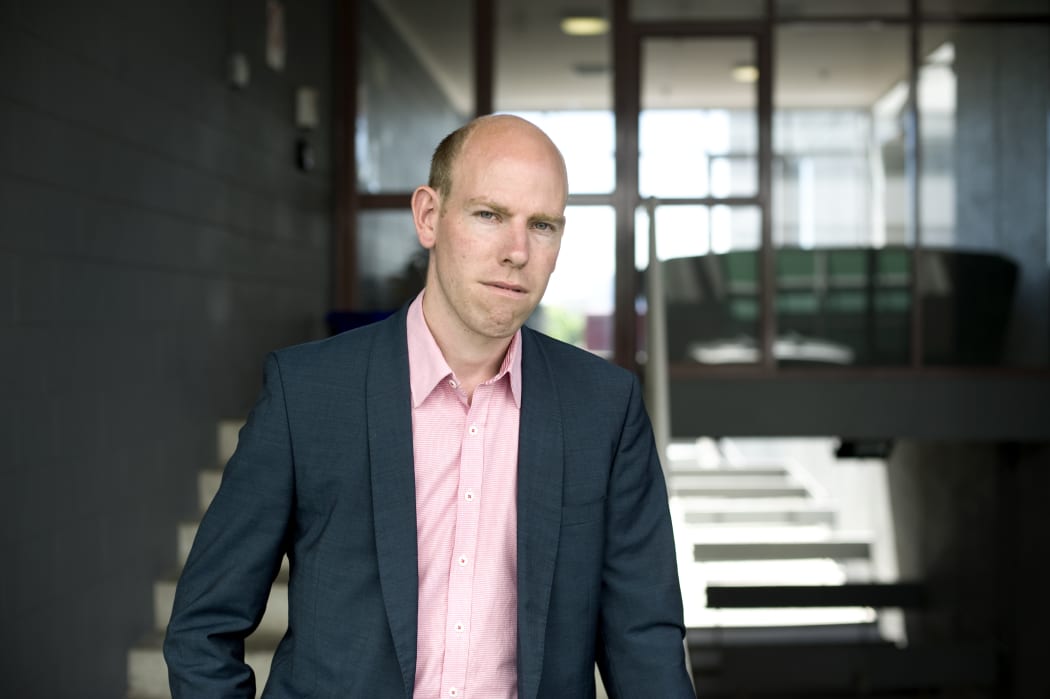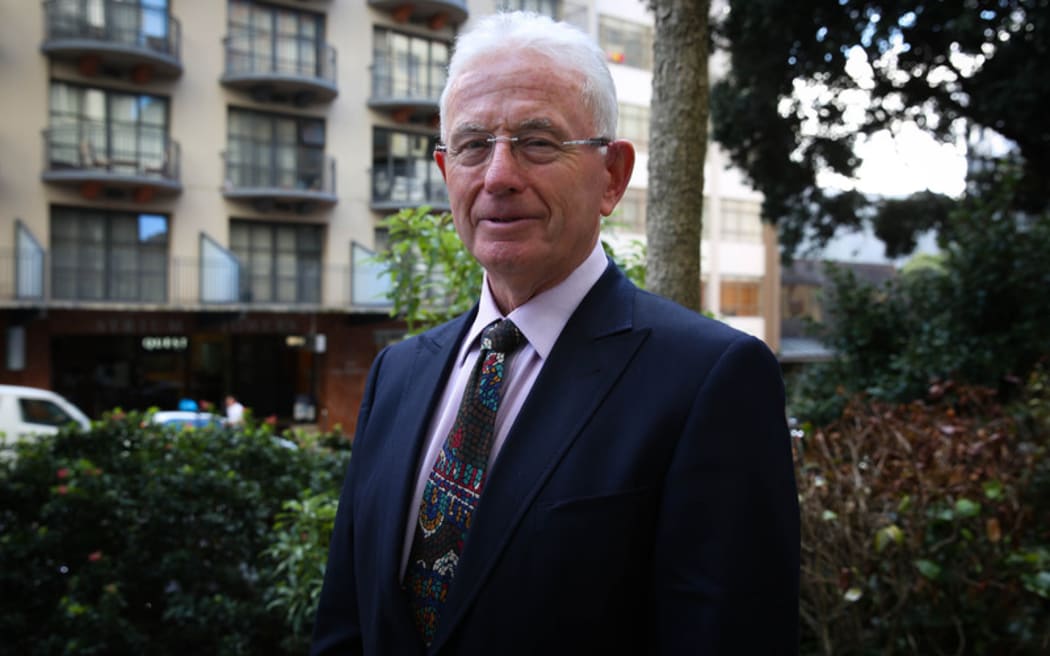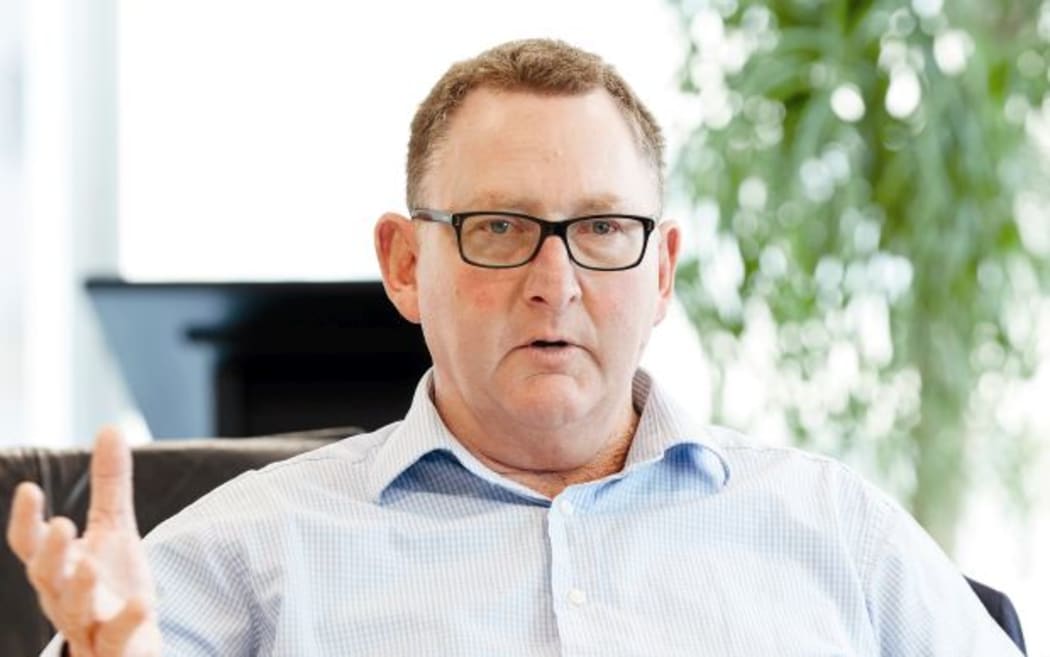Loaded with student debt and high city house prices, many in "Generation Y" feel like they're getting a raw deal and then there's the prospect of paying for another generation's pensions.
Students at the University of Auckland told Insight that the looming burden of ballooning superannuation meant their prospects felt rather grim.
Listen to Insight: The Superannuation Conundrum
Many of those advocating for change have talked about the possibility of hostility and resentment building up between the generations as the reality of the pension dilemma becomes clearer.
Nursing student, Rachel Munn, said she loved the fact New Zealand Superannuation was a universal payment because it embodied the spirit of equality. But she admitted the growing cost was a worry.
"For us, as we work, a bigger chunk of our taxes is, I guess, going on an older population and as we age we have to think about our kids as well...the burden will be on them too."
New Zealand Super will cost $11 billion this year. By 2030, that bill will rise to $30bn and swell to $100bn by 2060.
All superannuation costs are paid for by current taxpayers, but there will be fewer of them in the future. In the 1960s there were seven workers for every pensioner. Today, the ratio is five to one. By 2030, it'll be just two to one.
Other students on campus told Insight they didn't think New Zealand Super would be around when they finally retired.
"I do think the age should be higher, but it won't get done because you don't want to be the government that does that," said one student.
"I expect I'll be paying for my own superannuation and I won't be getting NZ Super," another added.
"It's a little bit scary thinking we may not have same system in place when we're old and we're going to have to work a lot harder because we'll need a lot more money to live on," said another.
In fact, most were preparing for a future where they would have to rely on their own savings in retirement.

Indoor bowling at the New Lynn Friendship Club. For most members, superannuation is their only source of income. Photo: RNZ / Anusha Bradley
That's top of mind for the Retirement Commissioner Diane Maxwell. She believes that whatever happens with superannuation in the future, people will have to provide more for themselves.
"Now, I don't want to be scaremongering with that. It's not that people will be living in absolute poverty with no government assistance. But simply there will be pressure points and it will be harder for the government to pay out the rate they do, at the age they, and to as many people as they do," she said.

Children at Upper Harbour Primary School learn financial literacy. Photo: RNZ / Anusha Bradley
She believes part of the solution is to educate future retirees as early as possible. Two years ago the Commission for Financial Capability piloted a financial literacy programme with a small group of schools on Auckland's North Shore.
At Upper Harbour Primary School, students as young as five are taking part in the programme, learning about money, saving and debt. The Commission is hoping to roll out the programme to more schools across Auckland this year.
Despite that message of self reliance, the University of Auckland's Retirement Policy and Research Centre co-director, Susan St John, believes younger generations will feel the pinch of an aging population.
"The working age population will be squeezed mercilessly. They'll get ever lower benefits, tax credits and lots of student debt, while an older, mostly, more affluent population lives longer and takes what is seen as an unfair share of resources."
Susan St John believed means testing super to exclude the wealthiest pensioners would save about $1 billion a year, which could then be redirected to the poorest families, easing inequality.

Max Rashbrooke, editor, Inequality: A New Zealand Crisis (2013) Photo: Supplied
An author on inequality issues, Max Rashbrooke, believed tensions between younger and older generations would grow unless steps were taken to ensure superannuation was maintained and affordable in the future.
"We do run the risk of seeing quite significant generational clashes, and if we don't fix the issues around superannuation and ensure there's a solid future for New Zealand Super, that's just going to add that resentment that already exists," he said.
The former Labour Finance Minister, Sir Michael Cullen, shares those fears.
"The real danger is that the young will be impoverished at the expense of the old by the middle of the century if we continue on our current path."
But Finance Minister, Bill English, said the government did not need to make any changes to New Zealand Superannuation because it could afford to keep the status quo.
He said other areas of government spending, such as health and welfare, were more "amenable to change" than Super.
"If we succeed in managing health costs and welfare dependency then that makes it more likely a reasonable pension can be sustained," he said.
The Super Fund
Sir Michael Cullen recognised the role savings would have to play in paying for future superannuation. He created the New Zealand Superannuation Fund in 2001 to help mitigate some of these costs.

Sir Michael John Cullen created the NZ Super Fund to help with pensions costs in the future. Photo: RNZ / Alexander Robertson
The fund is now worth $29.3 billion, averaging a rate of return of more than 10 percent.
But even at its projected peak in 2080 the fund will only cover about 15 percent of the total annual Super bill.
The Super Fund chief executive Adrian Orr said its ability to pay for future costs was being limited by the government's decision to stop putting money into it when the global financial crisis hit in 2008.
While the fund has made some very good returns to date, Mr Orr did not expect that to continue.
"In the absence of our returns and capital contributions going into the fund then the only alternatives are either higher future tax rates, higher future public debt, or lower generosity of future retirement incomes."

NZ Superannuation Fund chief executive Adrian Orr Photo: Supplied
"It's important to continue to save and get the best returns possible because the alternatives are high risk strategies themselves," he added.
Finance Minister Bill English said the government had not been willing to borrow money to put into the Fund.
Net government debt currently sits at 28 percent of GDP.
Mr English said payments would resume once the Government had reduced its net debt to 20 percent of GDP, which it expects to hit in 2020.

